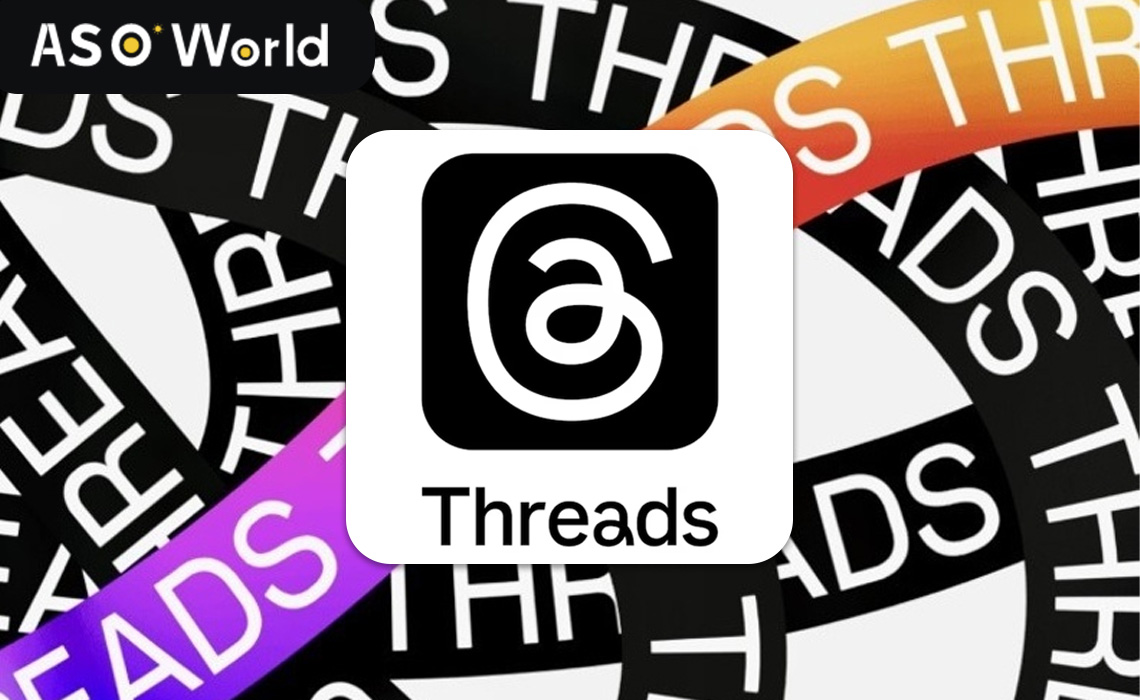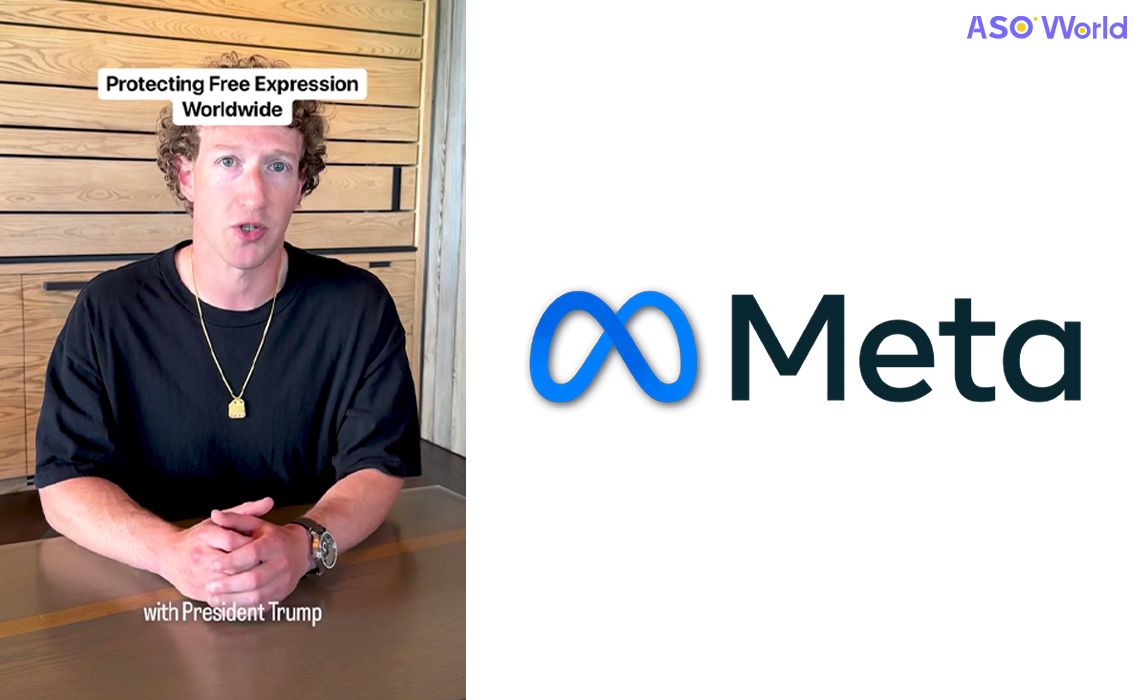In a significant move aimed at reshaping the landscape of social media, the European Union has rolled out the Digital Services Act (DSA), heralding a new era of regulations for major social media platforms, including TikTok and Instagram.
Stringent Regulations for User Safety
Under the DSA's umbrella, major social media players are tasked with implementing stringent measures to protect users. With a primary focus on user safety, these regulations are intended to safeguard individuals, particularly children, and to curb any potential interference in electoral processes.
Compliance Race against Time
While the DSA officially came into effect on November 16, 2022, the clock started ticking for major platforms. These platforms, with a user base exceeding 45 million within the EU, were given until April 25 to ensure their operations adhere to the new rules. Failing to do so could result in substantial fines, reaching up to 6% of their turnover, and even the suspension of their services.
Transparency and Algorithm Disclosure
One of the DSA's key features is its emphasis on transparency. Social media giants are now required to provide regulatory authorities with detailed insights into their algorithms. This pertains to algorithms governing everything from content distribution to advertising targeting. Furthermore, companies are obligated to establish mechanisms for sharing data with independent researchers, fostering greater accountability and understanding.
Adaptation and Change Implementation
In response to the impending regulations, several social media platforms have already initiated changes to ensure compliance. TikTok, for instance, has ceased the practice of displaying personalized advertisements to users aged 13-17 in Europe, based on their online activity. Similarly, Facebook and Instagram, under the Meta umbrella, have discontinued the global display of ads to users aged 13-17, derived from their app usage.
The implementation of the DSA has set a precedent for the regulation of social media platforms, emphasizing user safety and accountability. As the EU leads the way, experts speculate that these standards could serve as a blueprint for other jurisdictions, heralding a new era of responsible and secure online interactions.




